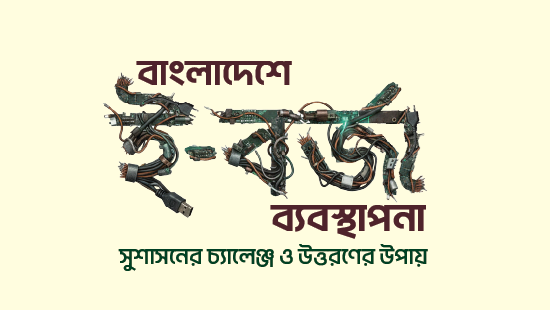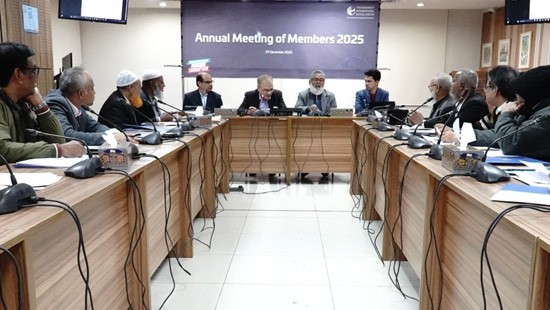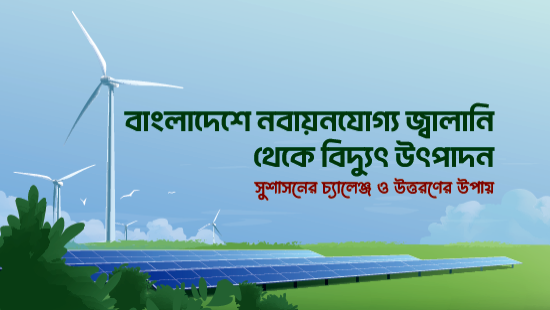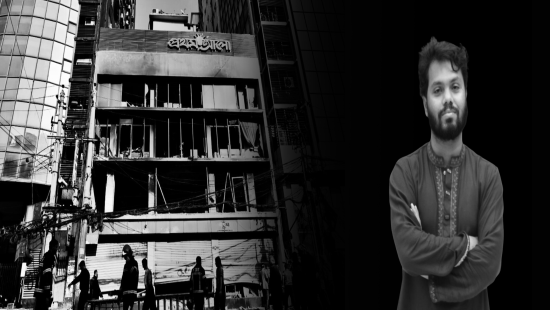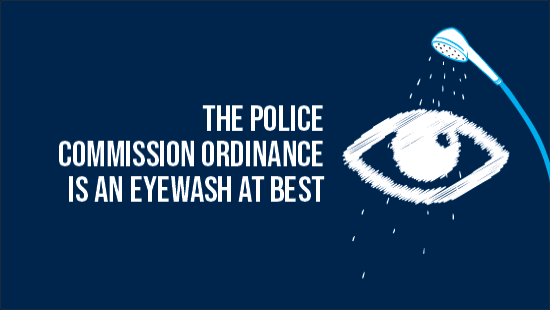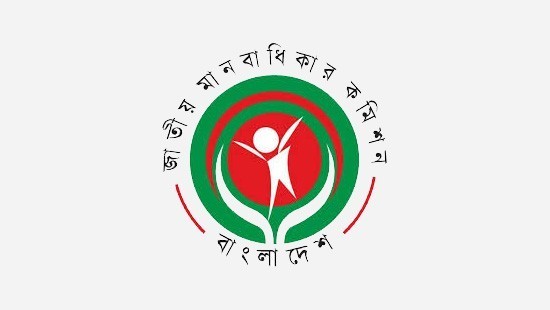Fifth SAARCLAW Conference: 27- 29 December 1996
A workshop was included on corruption and bribery. Dr. Kamal Hossain, Vice-Chairman of TI, Berlin, spoke on the topic highlighting the impediment of corruption in growth and development. In his paper Dr. Kamal Hossain gave an overview of the extent of corruption that is prevailing in the SAARC region. In the introduction he cited the resignation and later the conviction of a former President of Bangladesh, the role of a pro-active Supreme Court of India investigation and prosecuting the highest in the land, the establishment in Nepal of "Abuse of Authority Investigation Committee" as a constitutional body, the recent removal of the elected government in Pakistan on the ground of its "incorrigible governance" and the enactment of an Accountability (Ehtesab) Ordinance with its declared aim "to eradicate corruption and corrupt practices from public offices" and finally a policy statement in Sri Lanka adopting effective measures to combat corruption, including improvements in the public procurement system.
After examining the experience of corruption in the SAARC region and the negative effects on growth and development Dr. Hossain suggested certain national measures to combat corruption. These measures included, among others, the role of an independent judiciary and the separation of the judiciary from the executive, the establishment of an independent Ombudsman and/or Commission, the declaration and publication of assets of all persons holding elected office including their family members, and the accountability of political parties with regard to party finance. Dr. Hossain, drawing on the experience of the European Union and the Latin American region, suggested greater co-operation at the inter-governmental, non-governmental and professional levels. Dr. Hossain concluded his paper by stating that "It is strongly urged that SAARC should undertake a comprehensive study of measures to improve legal and institutional mechanisms to combat corruption in the SAARC region, to identify concrete measures of co-operation, at the government and non-governmental levels, which could be promoted to enhance the capacity of our societies to combat this menace, while working towards the elaboration of a SAARC Convention against Corruption."

